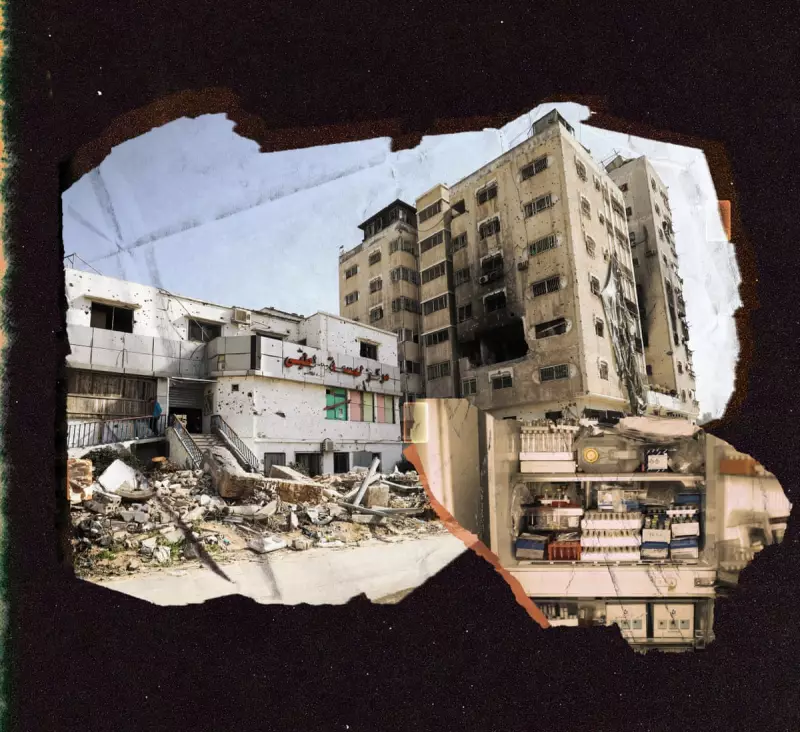
In a powerful condemnation that has sent shockwaves through diplomatic circles, former United Nations human rights chief Navi Pillay has accused Israel of committing genocide in Gaza and drawn stark comparisons with South Africa's historic apartheid system.
Unprecedented Accusations from Respected Jurist
The South African-born judge, who previously served as the UN High Commissioner for Human Rights, delivered her damning assessment during a recent address that has intensified global scrutiny of Israel's military campaign in Gaza.
"What we are witnessing in Gaza meets the legal definition of genocide," Pillay stated unequivocally, pointing to the devastating death toll and systematic destruction that has characterised the conflict.
Apartheid Parallels Drawn
Pillay, who lived through South Africa's apartheid era, identified disturbing similarities in Israel's treatment of Palestinians. "The segregation, the discrimination, the systematic oppression – it mirrors what we experienced under apartheid," she explained.
Her comments carry particular weight given her background as both a victim of institutionalised racism and an internationally respected human rights jurist.
Call for International Action
The former UN official issued an urgent plea for the global community to intervene, arguing that current international responses have been woefully inadequate.
- Diplomatic pressure: Pillay called for immediate sanctions and diplomatic isolation of Israel
- Legal accountability: She urged support for International Criminal Court investigations
- Arms embargo: The former commissioner demanded an immediate halt to weapons transfers to Israel
Historical Context and Legal Framework
Pillay's analysis draws on the 1948 Genocide Convention, which defines genocide as acts committed with intent to destroy, in whole or in part, a national, ethnic, racial or religious group. She argues that evidence from Gaza meets this legal threshold.
Her intervention comes amid growing international legal scrutiny, with several cases pending before international courts regarding Israel's conduct in the ongoing conflict.
Global Reactions and Implications
The statement has already sparked intense debate within diplomatic circles, with some Western governments expressing discomfort with the strong terminology while human rights organisations have welcomed Pillay's forthright assessment.
As the death toll in Gaza continues to rise and humanitarian conditions deteriorate, Pillay's words add significant moral and legal weight to calls for more robust international intervention in the conflict.





